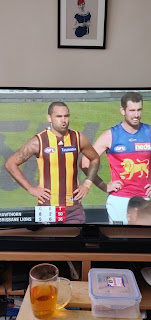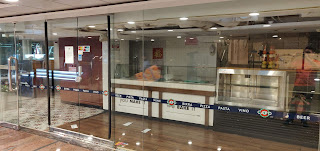Everything seems to be getting worse.
When all of this started a few months ago, it seemed to be a bit of an inconvenience. Precautions were being taken in Hong Kong, and we had luckily managed to avoid most of the issues that China was going through. Fast forward a few months and this is now a global issue. Those who fled Hong Kong at the start are now returning and they are sadly bringing back the very infections they sought to avoid in the first place. The pride most of us had in only having a hundred cases has evaporated as the returnees brought back over 400 cases in the space of a couple of weeks.
The whole world is locking down, and sadly Hong Kong is now no exception. Whilst we haven't reached the extremely tough measures implemented in some other countries, there has definitely been a dramatic escalation. Restaurants and bars can now only be half full and they must also not have more than 4 people in a group. Public gatherings of four people are also now banned. Beyond those legal requirements, the people of Hong Kong have also retreated into their homes as the streets and public places are now emptier than I have ever experienced.
Place after place, once bustling areas of shopping and commerce are now ghost towns. Many shops have either closed temporarily or disappeared for good. The shops that continue seem to only have a fraction of the staff they used to employ as they try desperately to ramp down their costs. The ones who have closed have clearly made the decision that even staffing costs aren't worth it anymore given how little foot traffic there is.Even the public transportation areas are now emptied of people. The ferry terminal around TST is normally one of the big gathering points for locals and tourists alike, but it now sits empty. The tourists are long gone, having been already driven away by the protests, the last of them are now completely gone.
In the central checkin area for the Airport Express, there are no more travellers, so the remaining staff sit waiting for patrons who will never come. Amazingly they still show up day in and day out for what must now be an exceptionally boring job. Yet they are still probably thankful they still have jobs to go to at all. Many others aren't so lucky as layoffs in Hong Kong have skyrocketed in the last few months. There have been some small measures undertaken by the Hong Kong government, with the promise of HKD10,000 being paid to all Hong Kong residents, but this now seems to pale in comparison to the actions being taken by governments overseas who are concerned about the wellbeing of their unemployed citizens.
Closer to home, the lights were on in Central, but there were few people walking in the warm glow.
These strange times will hopefully end sooner rather than later, but it's hard not to be shocked by the complete change in our lives.




























